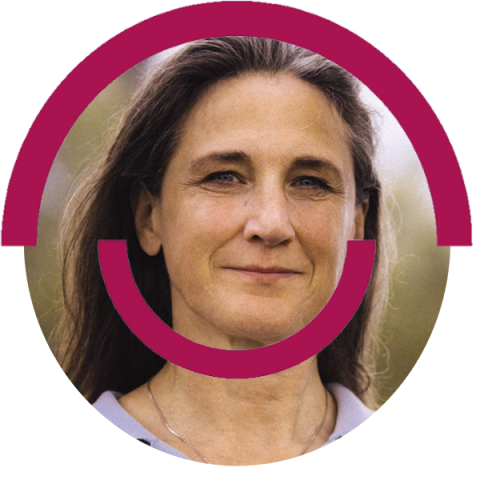This is a pivotal year for Non-Communicable Diseases (NCDs), which will be the focus of the UN 4th High-Level Meeting (HLM) on NCDs and Mental Health in September.
More than a milestone, this is a call to action and recognition that we can no longer afford to let NCDs remain on the sidelines of global health discussion.
For too long, NCDs, like heart disease, stroke, diabetes, and cancer, have quietly surged, now claiming 41 million lives each year, with projections suggesting that this will rise to 52 million by 2030. The burden is heaviest in low- and middle-income countries (LMICs), where structural challenges, limited funding, and a historical focus on communicable diseases have left NCDs under-prioritised and underfunded.
The UN HLM is a rare and critical opportunity to renew political will, drive meaningful policy change, and secure the resources needed to turn promises into progress. The challenges are immense, and healthcare systems are calling for transformational — not incremental — improvement in patient care.
Primary health care workers are crucial in the fight against NCDs. They are often the first point of contact and play a vital role in managing and preventing these conditions. Recognising this - and the fact that addressing NCDs requires a multisector approach - prompted the commission of The Staffed, Skilled, Supported and Sustainably Financed report. Building on work conducted in 2019, the report explores the challenges facing the current healthcare workforce and recommends actions to ensure it can meet the upcoming needs.
Staffed: There is a critical global shortage of healthcare workers, exacerbated by migrations to higher-income countries and urban areas. To address this, governments should perform WHO Labour Market Analyses to identify needs and create costed plans to fill staffing gaps.
Skilled: The shift towards NCDs requires primary healthcare workers to be properly trained. This includes upskilling and supporting nurses, community pharmacists, and health workers to manage NCD prevention and early treatment, leveraging their potential to provide essential health and social care. Additionally, a robust referral system is required to ensure timely specialist treatment.
Supported: Healthcare workers need a supportive environment including adequate compensation, good working conditions, mental health resources and career advancement opportunities. Prioritising their well-being will enhance their ability to deliver high-quality care and reduce burnout.
Sustainably Financed: Sustainable financing is crucial for developing a robust health workforce. Investment in healthcare is critical and requires government-led frameworks to effectively ensure financial resources are allocated efficiently and to maximum effect, and workforce initiatives are sustainable.
These actions form part of the solution needed to address NCDs. Providing a clear roadmap, the findings and proposals in the new report by the NCD Alliance offer strategies for governments and stakeholders to enhance the capacity of the health workforce in addressing NCDs. By focusing on policy leadership, innovative financing, and targeted training, we can close the gaps in NCD care and ultimately improve health outcomes worldwide.
Despite the challenges ahead we remain hopeful, due to the shared commitment within the global health community to create a future where NCDs are no longer the burden they are today.
2025 isn’t just another year — it’s a chance to change the trajectory of NCDs for generations to come.







